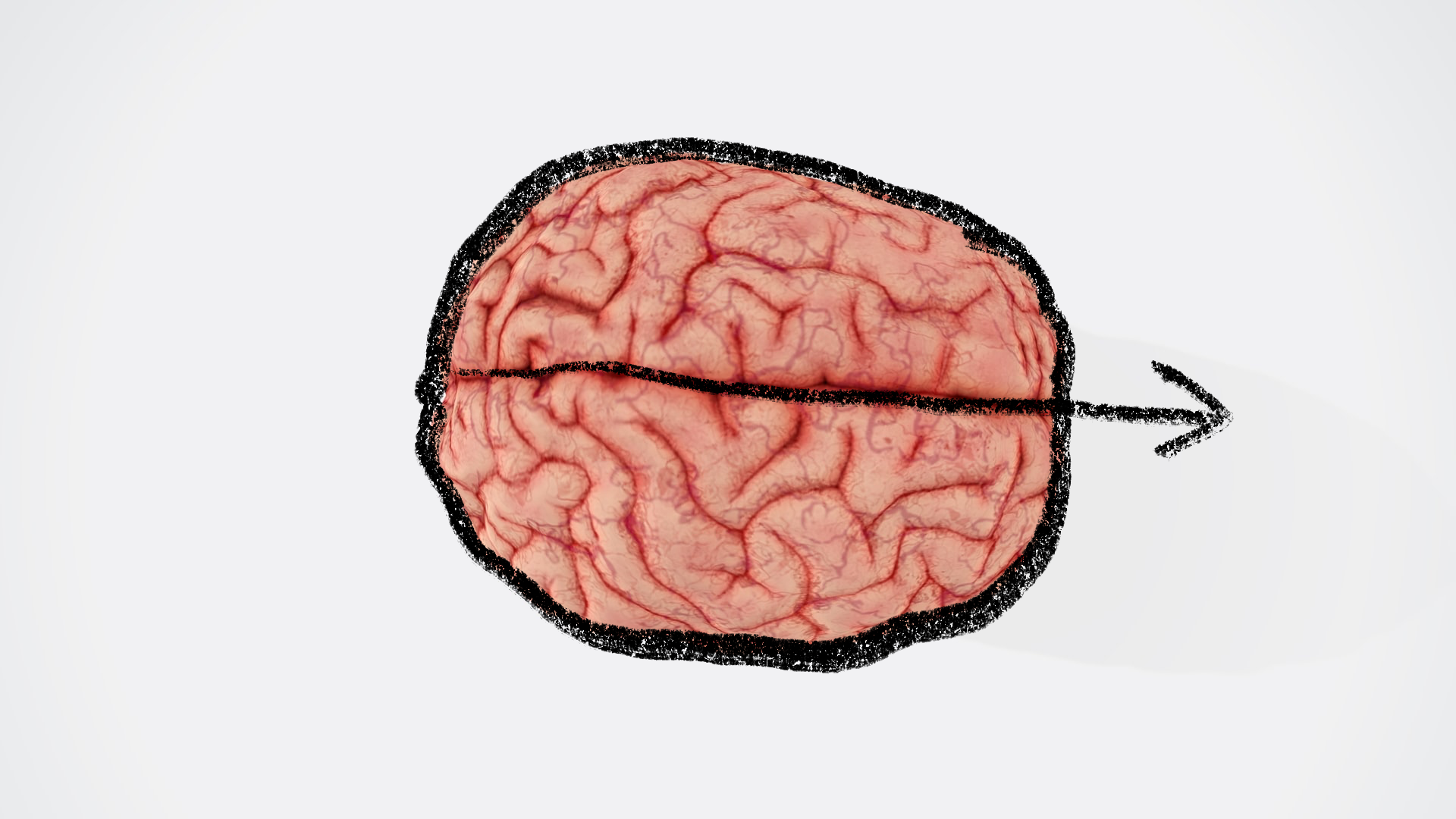Saved by Lillian Sheng and
The Neuroscience of Achieving Your Goals
Procrastinate with Other Tasks Here’s why some pre-task multitasking can work:“It probably reflects some adaptive mechanism where you use action and somewhat varied multitasking action in order to generate adrenaline in your system, because adrenaline just gets you into action.”
every.to • The Neuroscience of Achieving Your Goals
- Step one was to write down a few goals they wanted to achieve throughout the day ahead.
- Step two was to write down any obstacles that might come up which could potentially derail their success.
- Step three was to describe what they’d do to overcome those obstacles if and when they came up.
every.to • The Neuroscience of Achieving Your Goals
Outsmart Your Obstacles Taking the time to identify potential obstacles ahead of time and then planning out how to defeat them can make you happier and more productive.
every.to • The Neuroscience of Achieving Your Goals
Imagine The Worst In order to take consistent action and stay motivated with your goals over the long run, it might be useful to experiment with going somewhere slightly darker. Dr. Huberman explains that it’s actually very motivating to think about what it will be like if you fail.
every.to • The Neuroscience of Achieving Your Goals
PART II - GOAL PURSUIT
every.to • The Neuroscience of Achieving Your Goals
Make A Plan A specific goal is better than a vague goal. But in the quest to set the perfect goal, we often miss one crucial detail—all goals are surprisingly useless without a certain type of plan.
every.to • The Neuroscience of Achieving Your Goals
For certain goals and skills, knowing how to use the 85% rule to achieve an optimal rate of improvement is straightforward. It’s working at a level of challenge where 85% of your code is clean, 85% of your darts, pucks, and balls hit their targets, and perhaps you get one word wrong in every sentence of a new language.
every.to • The Neuroscience of Achieving Your Goals
In other words, you should be failing about 15% of the time despite your best efforts. Why? Because it’s at this level of difficulty that you unleash peak motivation, focus, and growth.
every.to • The Neuroscience of Achieving Your Goals
PART I - GOAL SETTING Y ou should set your goals so that you achieve them 85.13% of the time.
